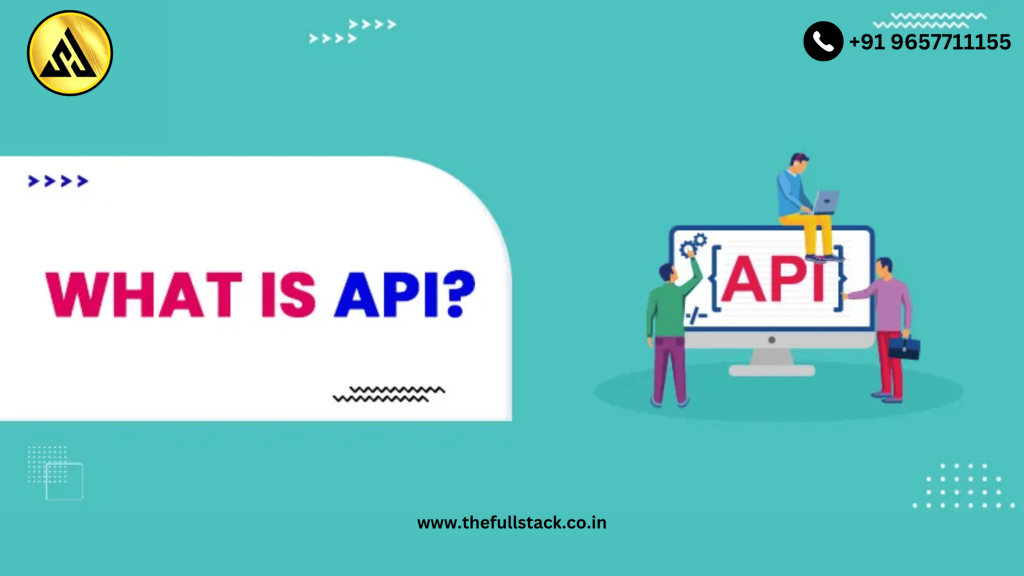Introduction
In the fast-paced digital world of today, you’ve undoubtedly heard the word “API” used in tech talks or meetings. However, what is an API and why is it important? Understanding APIs may lead to increased productivity, creativity, and job advancement whether you’re a budding developer, a business professional, or just interested in technology.
We’ll explain APIs in plain English, discuss their significance in 2025, and provide you with useful advice to help you understand this important facet of contemporary technology.
What is an API?
Application Programming Interface is referred to as API. To put it simply, an API serves as a conduit that facilitates communication between various software programs. Imagine it as a restaurant waiter. Your dinner (the response) is delivered to you after the waiter (the API) takes your order (the request) to the kitchen (the server).
APIs enable seamless communication between apps, websites, and services. They make it possible to do things like pay online, use Google credentials to connect into several platforms, or even incorporate social media feeds into a website.
Why Are APIs Important in 2025?
APIs are more important than ever because of how quickly technology is developing. The following are some main reasons:
- Automation & Efficiency: To increase accuracy and save manual labor, businesses are increasingly automating operations with APIs.
- Integration of AI and Machine Learning: By connecting businesses to AI-driven services, APIs speed up data processing and decision-making.
- Smooth User Experience: APIs facilitate easy communication between various apps, giving users a flawless online experience.
- API Economy & Monetization: By providing access to their services, numerous companies are making money off of their APIs and generating new sources of income.
Real-World Examples of APIs
Understanding APIs is easier when you see them in action. Here are some everyday examples:
- Payment Gateways: Services like PayPal and Stripe use APIs to process online transactions securely.
- Social Media Integration: Websites allow users to log in with their Facebook or Google accounts via API authentication.
- Weather Apps: Weather websites and apps pull real-time data from external sources through APIs.
- Stock Market Data: Financial platforms use APIs to fetch and display real-time stock prices and trends.
How Companies Use APIs for Growth
APIs are being used by businesses in a variety of sectors to improve customer satisfaction and expedite processes. Here are some methods:
- E-commerce: To provide seamless checkout procedures, online retailers incorporate payment APIs.
- Healthcare: Hospitals may safely communicate patient data with approved professionals thanks to APIs.
- Finance: For immediate money transfers and online transactions, banks employ APIs.
Getting Started with APIs: Practical Tips for Beginners
If you’re new to APIs, here’s how you can start learning and using them:
- Understand API Documentation: Most APIs come with detailed documentation explaining how to use them.
- Try Public APIs: Experiment with free APIs like OpenWeather or NASA APIs to practice making API calls.
- Use API Testing Tools: Platforms like Postman help you test APIs without writing code.
- Take Online Courses: Many websites offer beginner-friendly courses on API usage and development.
Conclusion & Call-to-Action
Because they facilitate smooth communication between software programs, APIs are the foundation of contemporary digital experiences. Gaining an understanding of them can help you advance your career, increase the effectiveness of your company, and maintain your lead in the ever changing tech sector.
You’re not simply learning about technology when you understand the fundamentals of APIs; you’re also moving closer to joining the next wave of digital transformation. In 2025, maintain your curiosity, keep researching, and discover the potential of APIs!

